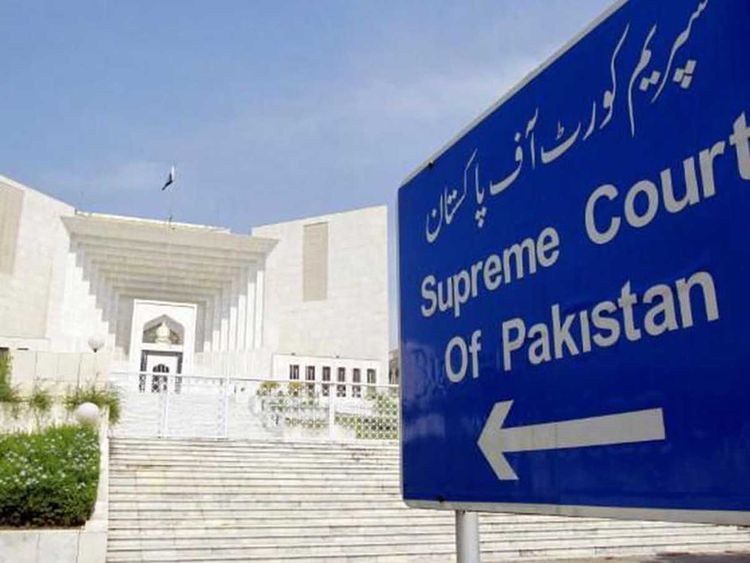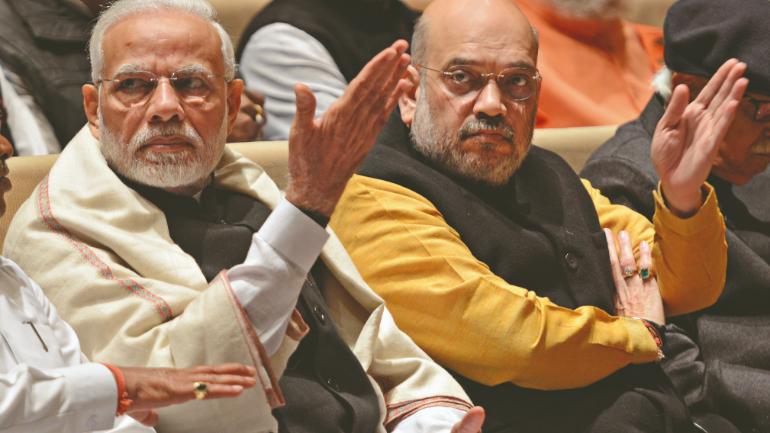Legal experts in india opine Pakistan SC’s order on Imran has lessons for Indian judges
Giving it’s verdict, Pakistan’s apex court said the prime minister was bound by Constitution and therefore, he could not advise the president to dissolve assemblies, Pakistan’s Geo News reported.
Further terming President Arif Alvi’s decision to dissolve the National Assembly as “illegal”, the verdict was passed with all five judges unanimously voting against it, Pakistani newspaper Dawn reported.
Earlier during the day, Chief Justice of Pakistan (CJP) Umar Ata Bandial, while hearing a petition on whether Imran Khan and his allies had the legal right to dissolve parliament, had said that Suri’s order to dismiss the no-confidence motion against the former Prime Minister, was “erroneous”.
Chief Justice Bandial further noted that the move to dismiss a no-trust motion against Khan through a controversial ruling is, prima facie, a violation of Article 95 of the Constitution.
Giving it’s verdict, Pakistan’s apex court said the prime minister was bound by Constitution and therefore, he could not advise the president to dissolve assemblies, Pakistan’s Geo News reported.
Further terming President Arif Alvi’s decision to dissolve the National Assembly as “illegal”, the verdict was passed with all five judges unanimously voting against it, Pakistani newspaper Dawn reported.
Earlier during the day, Chief Justice of Pakistan (CJP) Umar Ata Bandial, while hearing a petition on whether Imran Khan and his allies had the legal right to dissolve parliament, had said that Suri’s order to dismiss the no-confidence motion against the former Prime Minister, was “erroneous”.
Chief Justice Bandial further noted that the move to dismiss a no-trust motion against Khan through a controversial ruling is, prima facie, a violation of Article 95 of the Constitution.









